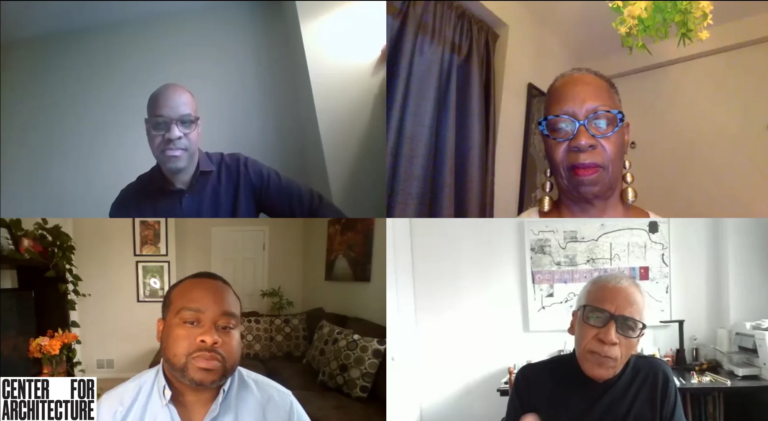This event is the third in a series of panels exploring inclusion and accessibility of our cultural resources. Seven months into the pandemic, many cultural institutions remain closed, while some have opened under difficult limitations. How will cultural institutions adapt if the COVID-19 pandemic shows no signs of abating, vaccine production is delayed, and herd immunity is not achieved? How will they respond to continued unemployment and layoffs, particularly for working class people, and for the rise in homelessness? What is the future of museums as the economy continues to weaken and real estate vacancies continue to skyrocket, and as protestors rightfully demand the end of systemic racism? What then?
As experts in or users of the built environment, what can we do to preserve and cultivate arts and culture with equity and inclusion as priorities? What type of support is needed if the current status of the arts and the cultural community worsens? Our esteemed panel will share their experiences, discuss how they have mandated diversity at their institutions, and explore what changes they would need to see if our current situation indeed takes a turn for the worst. We will examine examples of how, in the past, the built environment has nurtured and cultivated the arts and the artist, and improved the surrounding community.
AIANY Cultural Facilities Committee
Moderator:
Joseph Auld, Project Executive, Landair Inc. Project Managers and Owner’s Reps
Panelists:
Candace Jackson, Principal, CJAM Consulting, LLC
Pamela Lopez, Director of Programming and Audiences, GAM Cultural Center, Santiago, Chile
Ariel Fausto, Principal, H3

